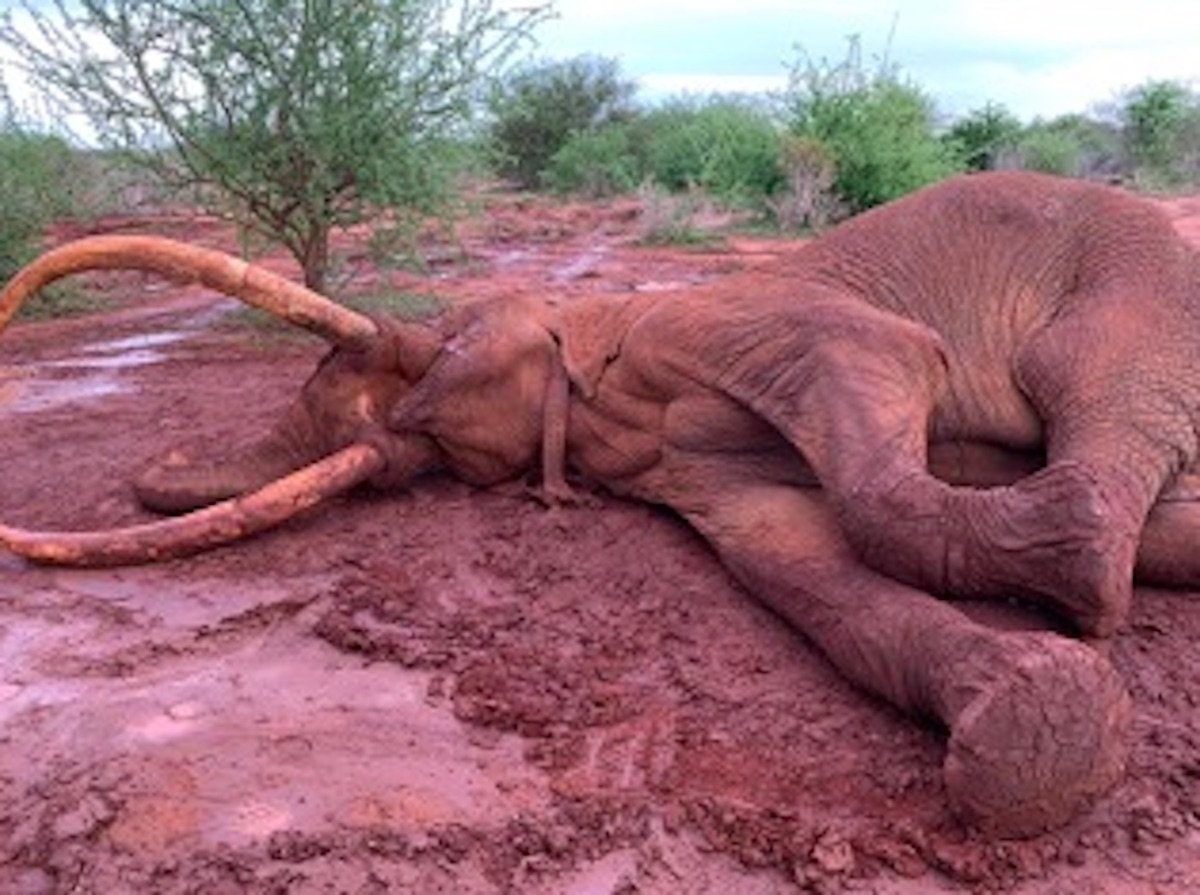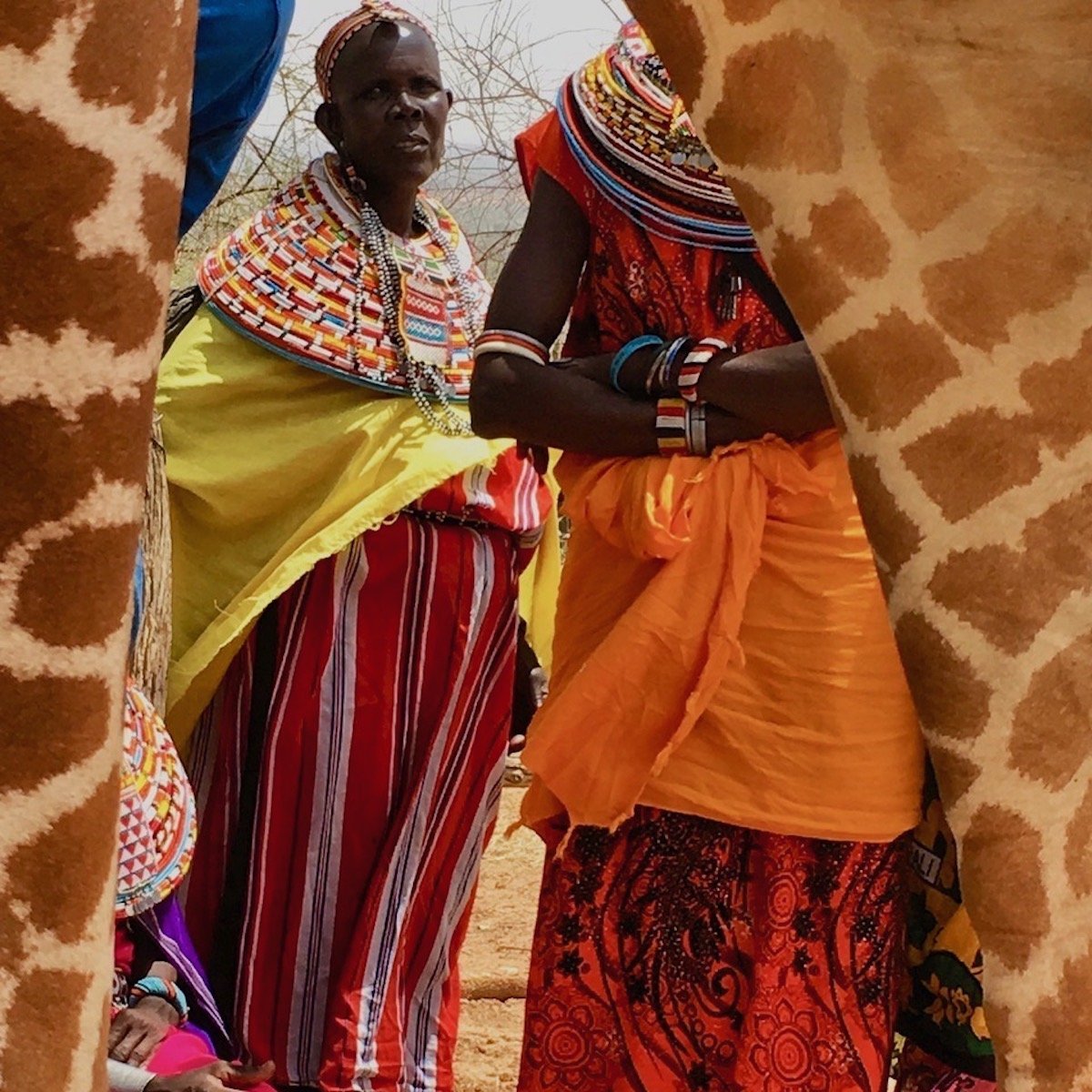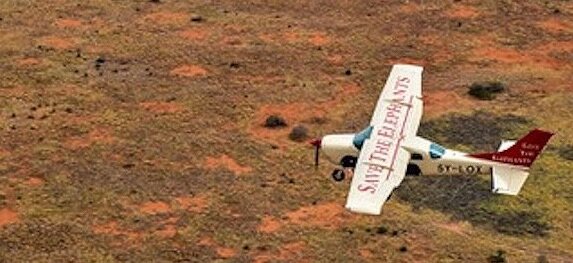Take Action
*
Take Action *
For Earth Day 2022, I want to ask you to join me and thousands of other people in making a promise: please take our pledge to protect the planet.
The latest UN climate report looks grim. Global greenhouse gas emissions have reached record levels. Time is running out to limit global warming to 1.5°C. We're already seeing devastating consequences, including more intense wildfires and other disasters, changing weather patterns, and struggling ecosystems.
But the report and WWF's scientists also tell us: there is still time, and there is still hope—for people, for the planet, and for a brighter future.
There are many solutions to our greatest environmental problems, and everyone—including you—can play a role. We've seen the extraordinary strength of collective power. Help us reach 125,000 voices making a commitment to our planet.
Pledge to protect the planet ►
Thank you for taking action and helping to build a future where people live in harmony with nature.















